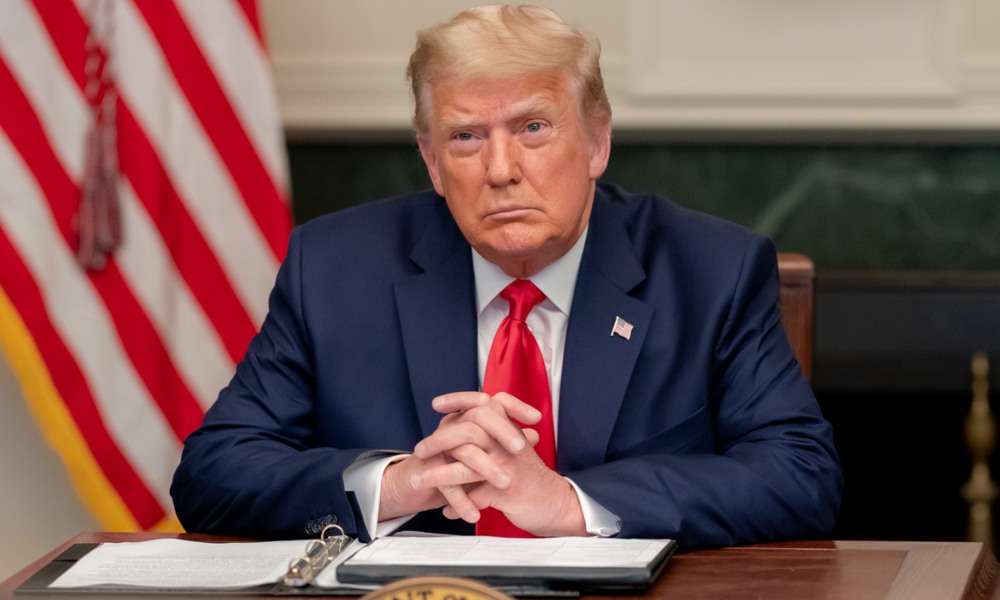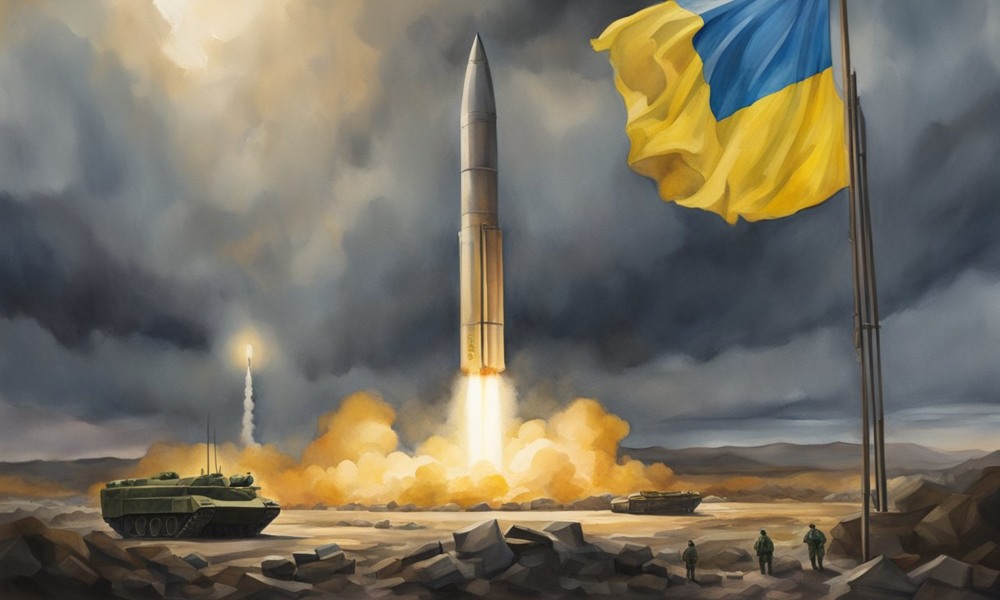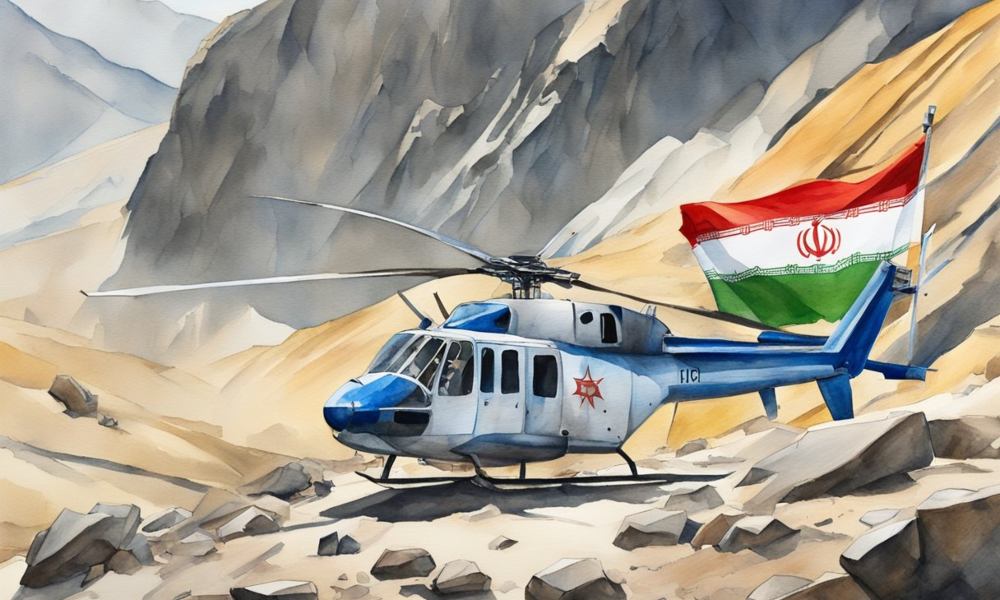Iran’s President Ebrahim Raisi has died in a helicopter crash. Here are the key points:
- Raisi’s helicopter went down on Sunday during a trip
- His body was found Monday in the wreckage
- The foreign minister and others also died in the crash
- Funeral ceremonies for Raisi will take place across Iran
- New elections must be held within 50 days to choose a new president
Will Raisi’s death mean significant changes for Iran? Read on to learn more.
The Tragic Crash
On Sunday, President Ebrahim Raisi was flying back to Iran’s capital, Tehran, after visiting a city in a neighboring country. Tragically, his helicopter crashed in a remote area.
Search teams found no survivors at the site of the wreckage. On Monday, they recovered Raisi’s body from the crash scene. Iran’s foreign minister and other officials were also killed.
So far, investigators have not determined what caused the helicopter to go down. But the tragic accident means Iran has suddenly lost its president and top diplomat.
National Mourning
Funeral Processions Planned
In response to Raisi’s death, Iran has declared three days of national mourning. During this period, funeral processions and ceremonies will occur in multiple cities.
The first ceremony was held Tuesday in the northwestern city of Tabriz, which is near where the helicopter crashed. More events honoring Raisi’s life are scheduled in other parts of the country over the next two days.
The primary funeral prayers in Tehran on Wednesday will be led by Iran’s Supreme Leader Ayatollah Ali Khamenei. Officials say foreign dignitaries may also attend.
Reactions Across Iran
Iran’s state media has promoted images of citizens mourning Raisi in the streets. However, on social media, some critics of Iran’s government have cheered or celebrated the president’s death instead.
Iran’s judiciary has warned against this type of reaction online. It says anyone continuing to do so could potentially face charges.
Quick Elections Ahead
With Raisi’s passing, Iran must hold a special election to choose a new president within the next 50 days. The vote is scheduled for June 28.
Analysts say hardline supporters of Iran’s ruling system will likely back a candidate similar to Raisi for the upcoming election. His path to the presidency was cleared when other potential opponents were disqualified from running.
While the new president may not change Iran’s policies much right away, Raisi’s death raises more significant questions long-term. The 83-year-old Khamenei was expected to be replaced as Supreme Leader by Raisi eventually. With him gone, who will take over that crucial top role next is now still being determined.
Future of Iran’s System
As funeral ceremonies continue across Iran this week, the search has already begun for Raisi’s replacement as president. But his unexpected death at just 60 years old has also ignited uncertainty about the future leadership of Iran’s Islamic Republic system.
With no clear successor yet for the Supreme Leader position, will the regime eventually need to consider reforming how the country’s top officials are chosen? Only time will tell how Iran moves forward from this national tragedy.
















